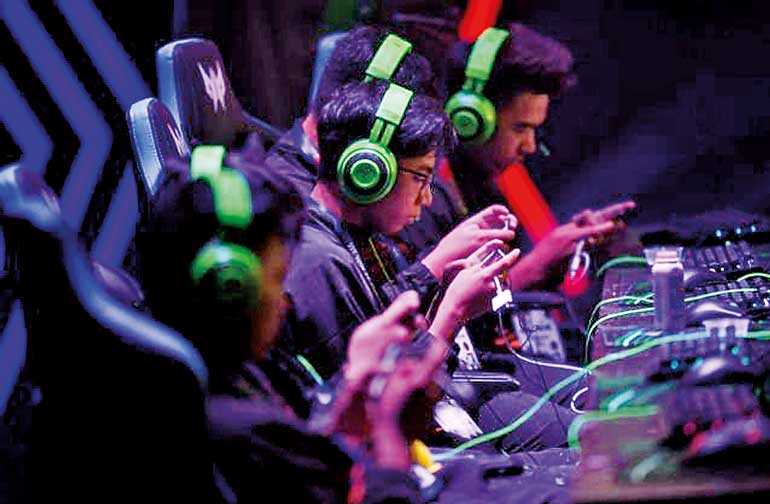Friday Feb 20, 2026
Friday Feb 20, 2026
Monday, 9 December 2019 00:00 - - {{hitsCtrl.values.hits}}

MANILA (AFP): eSports edged further into the mainstream sports world with this week’s debut at the Southeast Asian Games, but the holy grail – Olympic recognition – remains stubbornly out of reach.
A much-hyped launch in Manila, starring rows of gamers in matching tracksuits and headphones, marked the first time competitive gaming has been a medal event at an Olympic-recognised multi-sport competition.
Yet the Olympic movement has made clear it’s “premature” to discuss embracing the “commercially driven” pursuit, and there is no indication that is about to change.
Gaming industry chiefs and experts see a lack of organisation – there is no unified world governing body – and a generational divide as key stumbling blocks.
“We need people representing the athletes, and the countries should get involved,” said Min-Liang Tan, CEO of Razer, the gaming hardware company putting on the SEA Games eSports competition.
“I think this should be something that’s representative of the entire industry,” he told AFP.
As it stands, a number of different organisations or companies are the driving forces in a business that one industry report estimates will bring in $1 billion in revenues this year.
Key to that flow of cash is a massive worldwide audience that is expected to top 450 million people in 2019.
Despite the huge numbers involved, the business-first nature of eSports – and the question of whether leisure gaming is a sport at all – has made the Olympic movement cautious.
Elsewhere, gaming seemed to have notched a win with the announcement that eSports would be part of the 2022 Asian Games in Hangzhou, China.
However, eSports was not included on the eventual list of 37 sports due to be contested in Hangzhou.
Gaming industry consultant Tyler Sycamore sees the barrier for eSports as generational and said the Olympics need to catch up.
“Especially if you are the Olympics you should be caring about the young generation because your viewers are all dying off,” he said. “That’s the state of the world.” For the players in Manila, where competition included six games – Mobile Legends, Arena of Valor, Dota 2, Starcraft II, Tekken 7, and Hearthstone – commercial aspects were secondary to national pride.
Singapore’s Marcus Lee, who is competing in Arena of Valor, told AFP he was “honoured” to be taking part in the SEA Games.
“We do have competitions where we compete for a prize pool,” the 24-year-old said. “For this one it will be different. It will be more for the glory and the honour of bringing a medal for our own country.” Around him, a cheer erupts every couple of minutes from one of the rows of PCs and the players exchange high fives.
Jeremiah Camarillo, representing Philippines at Arena of Valor, echoed Lee’s pride.
“This time around we’re representing the country and it is bigger than us, it is beyond us, so it’s not just playing for money,” the 27-year-old said.
“It’s playing for the honour of your country,” he added. For Tan, the Razer CEO, the Olympics won’t be able to keep players like them out forever.
“I think now we are even closer than ever and I’m hopeful that in the next couple of years we will actually see eSports potentially as an Olympic sport,” he said.